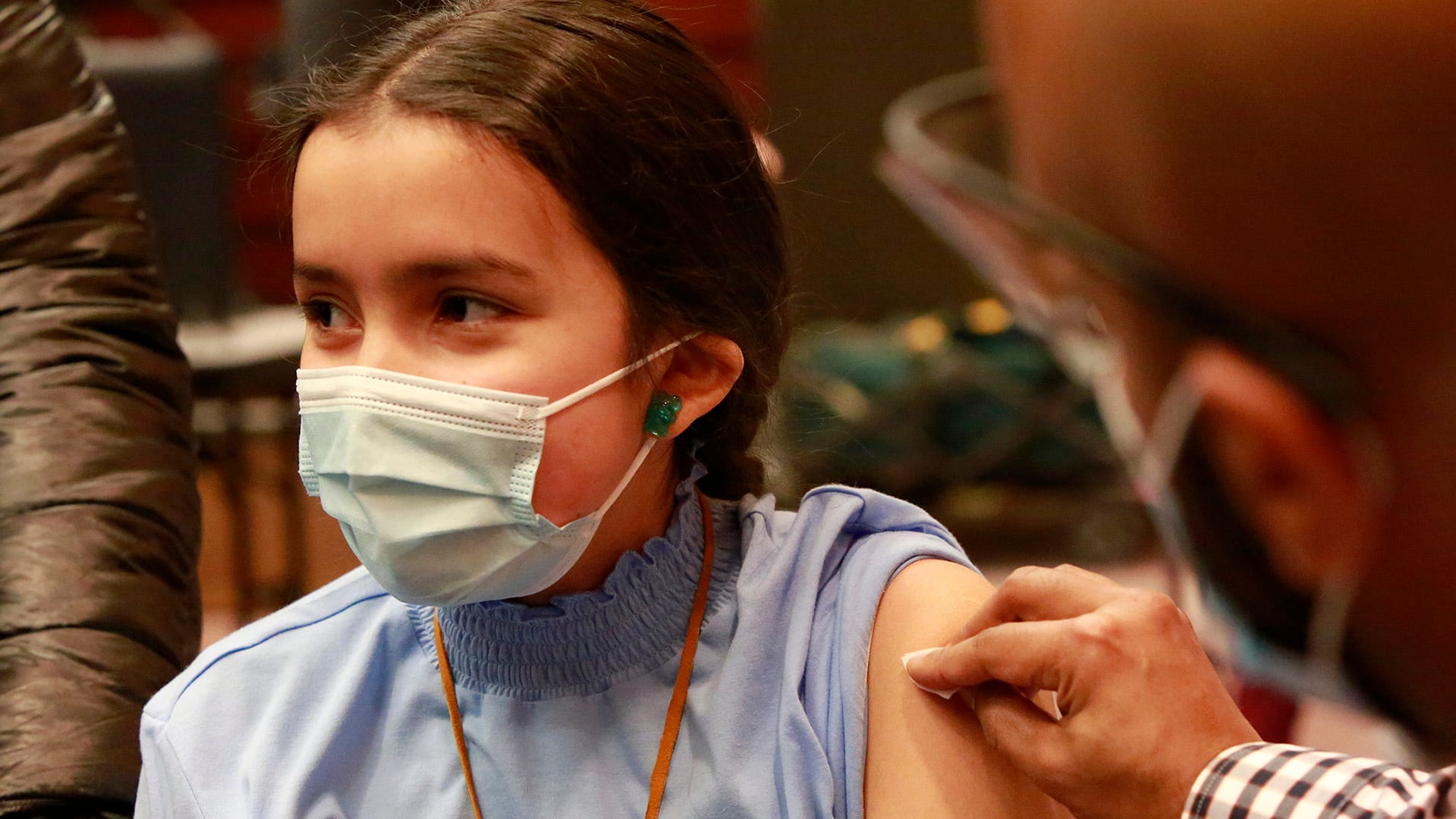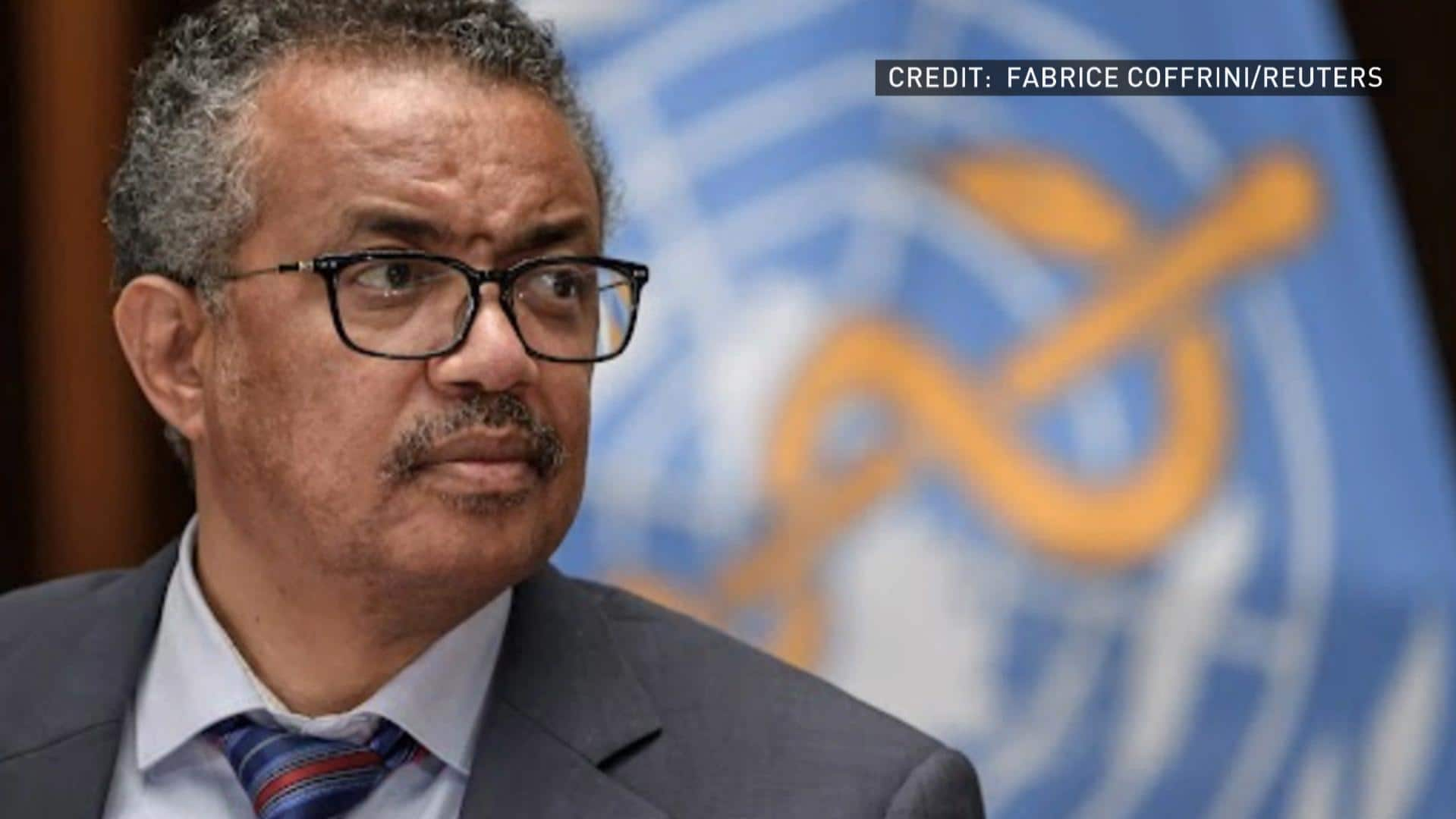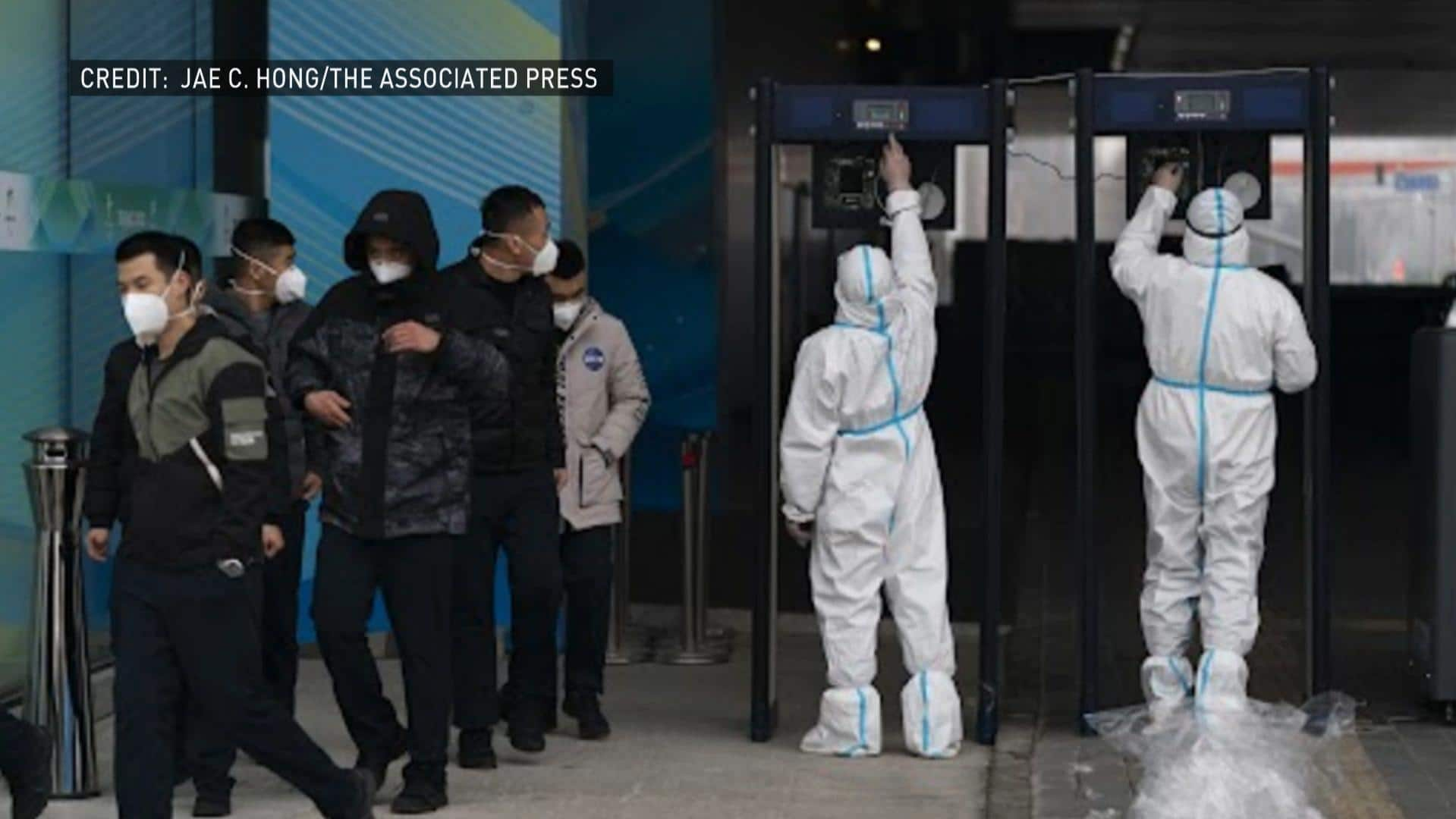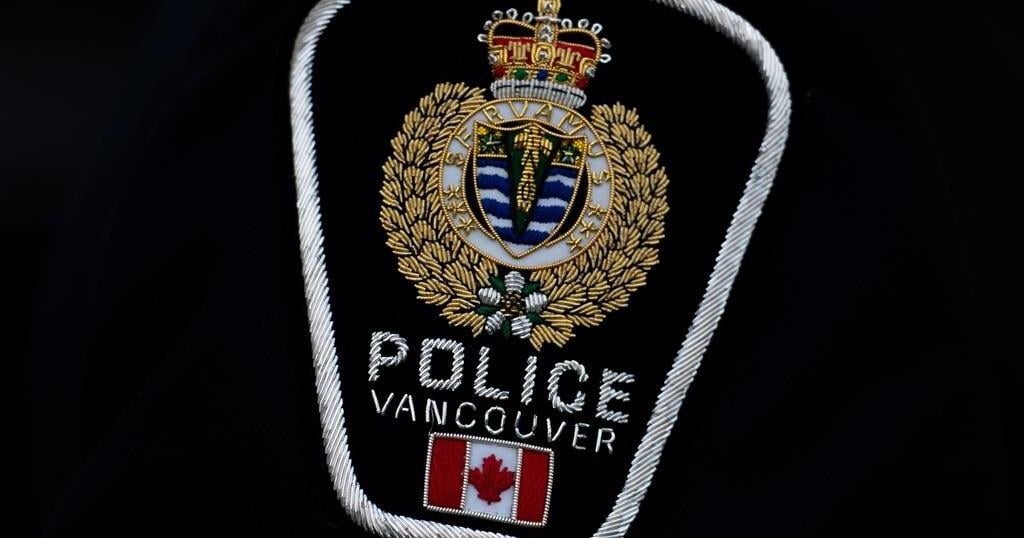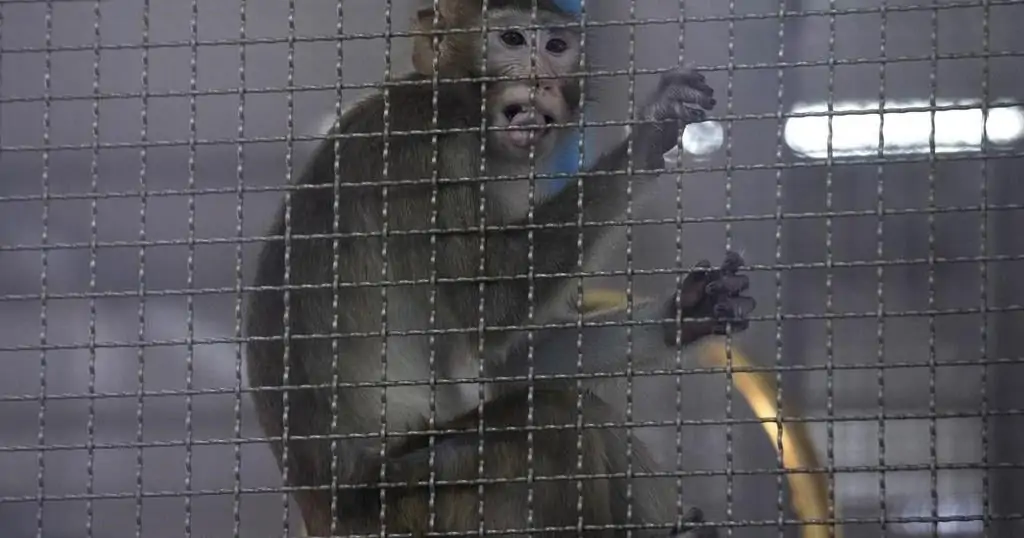VANCOUVER – A disciplinary investigation has found a former Vancouver police sergeant shared “disrespectful” commentary on a fellow officer’s court testimony about being sexually assaulted by a colleague.
The decision against Narinder Dosanjh, obtained by The Canadian Press, includes the running commentary on the woman’s testimony — apparently written by someone inside the courtroom — that calls her a “bad drunk” and says there was “no way” her case would be proved.
Former New Westminster police chief Dave Jansen, the external officer who rendered the decision against Dosanjh, says his assessment accounts for a culture of treating officers who testify against each other as “rats.”
Former Vancouver constable Jagraj Roger Berar was convicted in 2021 and sentenced to a year in jail for assaulting the woman, who can’t be identified because of a publication ban on her name.
Jansen says in his ruling, dated Oct. 11, that the comments in a Vancouver police group chat appear “supportive” of Berar and reflect “all-too-common myths” about women who make sexual assault allegations.
While Jansen found Dosanjh committed discreditable conduct by sharing the chats, a complaint against a more-senior Vancouver officer who was inside the courtroom, and who the victim and other officers believed wrote the commentary, were not substantiated.
The ruling says Jansen, who retired as New Westminster’s chief constable, would accept submissions before deciding how Dosanjh should be punished.
The woman who was assaulted was the complainant in the disciplinary investigation, and said in an interview she felt “vindicated” by Jansen’s decision because it “truly paints what I’ve been through,” after reporting a fellow officer for sexual assault.
She said many other women in municipal policing fear speaking out about ill-treatment at work, and some have told her about being assaulted and harassed but feared ruining their careers if they complained.
“This decision is important for those women to see,” she said. “It shows the tides are changing. Like, this is the first win I’ve had.”
A spokesman for the Surrey Police Service, where Dosanjh now works, did not immediately answer a question about how he was penalized, and said Dosanjh declined an interview request with The Canadian Press.
In his decision, Jansen said there was an “unfortunate but often pervasive” culture of treating officers who complain as “‘rats’, who betrayed their colleagues.”
“In terms of the messages themselves, Sergeant Dosanjh alleges that they are not degrading, humiliating or derogatory and do not attack the personal character of the complainant. I disagree,” Jansen wrote.
The decision includes a screenshot of the commentary about the complainant, who said the order of the messages appeared to refer to her evidence while she was being cross-examined and suggested the comments were written by someone listening to her testimony.
The commentary on a Vancouver police chat group on the Signal messaging app said the victim “wore a wire twice,” and “admitted in cross to possibly drinking way more alcohol than she originally claimed.”
“Her memory is super hazy and there’s no way you can prove beyond reasonable doubt,” the person wrote.
“And she admitted that she is really bad drunk,” they added.
Another message said it was a “nail in the coffin” of the case that video showed the complainant “cuddling, holding hands” with Berar.
The victim, who became aware of the commentary when a friend in the department showed them to her, was distressed by the messages and disputed their accuracy, said Jansen.
“The comments also appear to reflect some of the all-too-common myths around women making allegations of sexual assault. Some of these myths include the belief that because a victim socialized with the perpetrator, or engaged in some consensual activity with him, therefore she must have consented to the assault,” he wrote.
Jansen’s decision said Dosanjh shared the messages with a fellow officer after getting them from a “VPD chat group that he claims he knew little about, from a co-worker he claims not to be able to identify.”
The decision said other officers believed the commentary was written bya more-senior officer in the department who had been present at the trial, but Jansen said the discreditable conduct complaint against that person was unsubstantiated.
The decision said Dosanjh claimed he was the “fall guy” and “a pawn in a broader game.”
Jansen’s decision said Dosanjh was a senior officer and supervisor who was aware of the “vulnerability of victims of sexual crimes and of the myths that surround sexual assault victims.”
It said Dosanjh’s “distribution of these messages that were disrespectful of an alleged victim of sexual violence who was also a co-worker, should they become public, would likely discredit the reputation of the police force.”
The Vancouver Police Department did not immediately provide comment on Jansen’s decision.
This report by The Canadian Press was first published Nov. 13, 2024.

